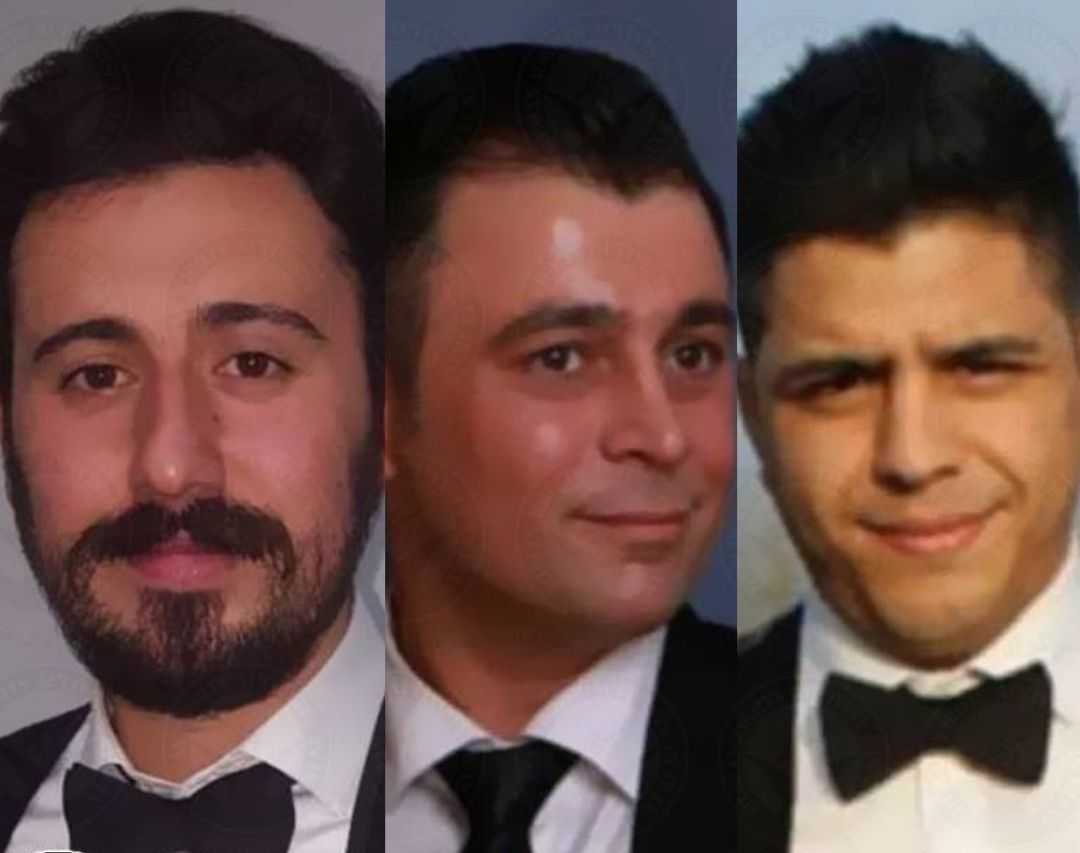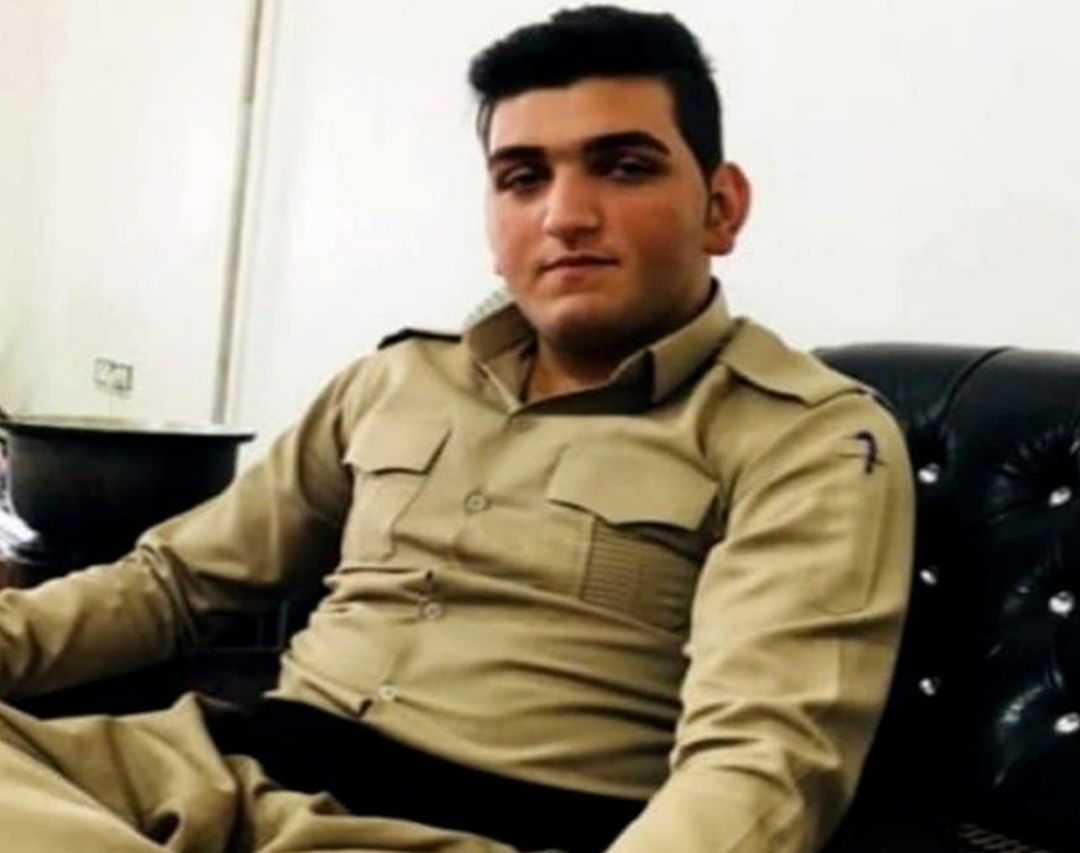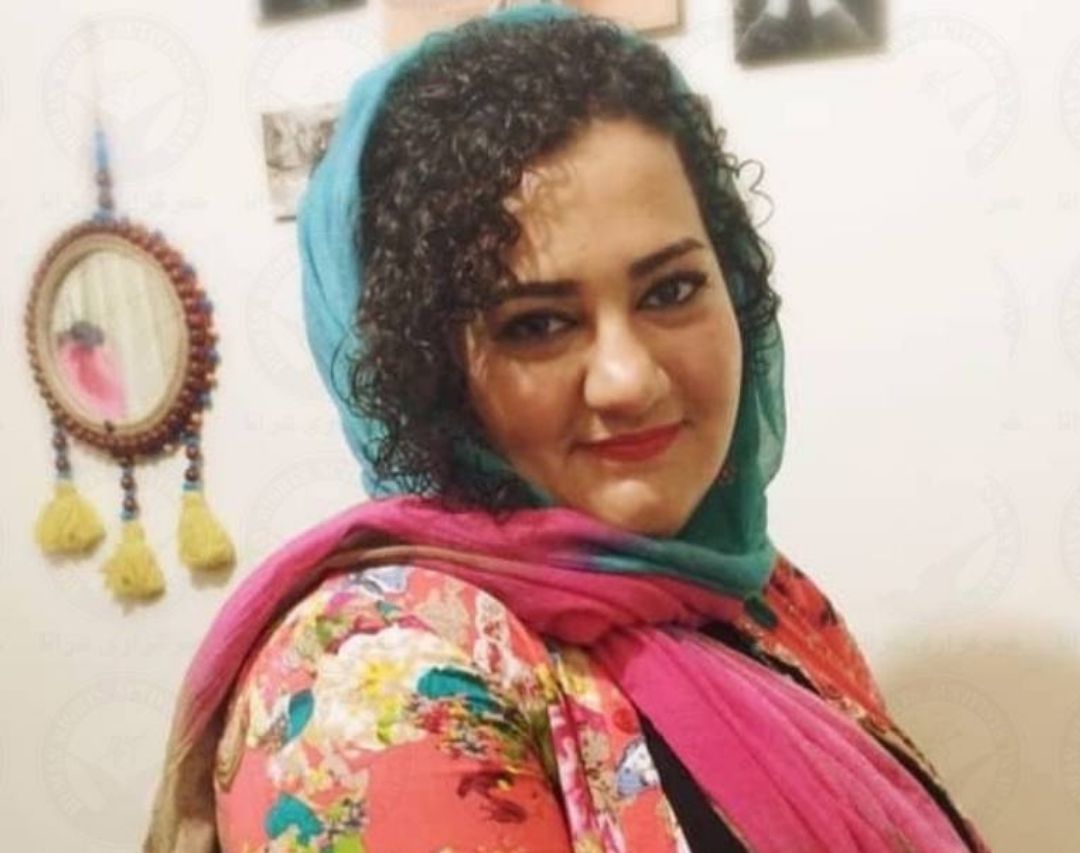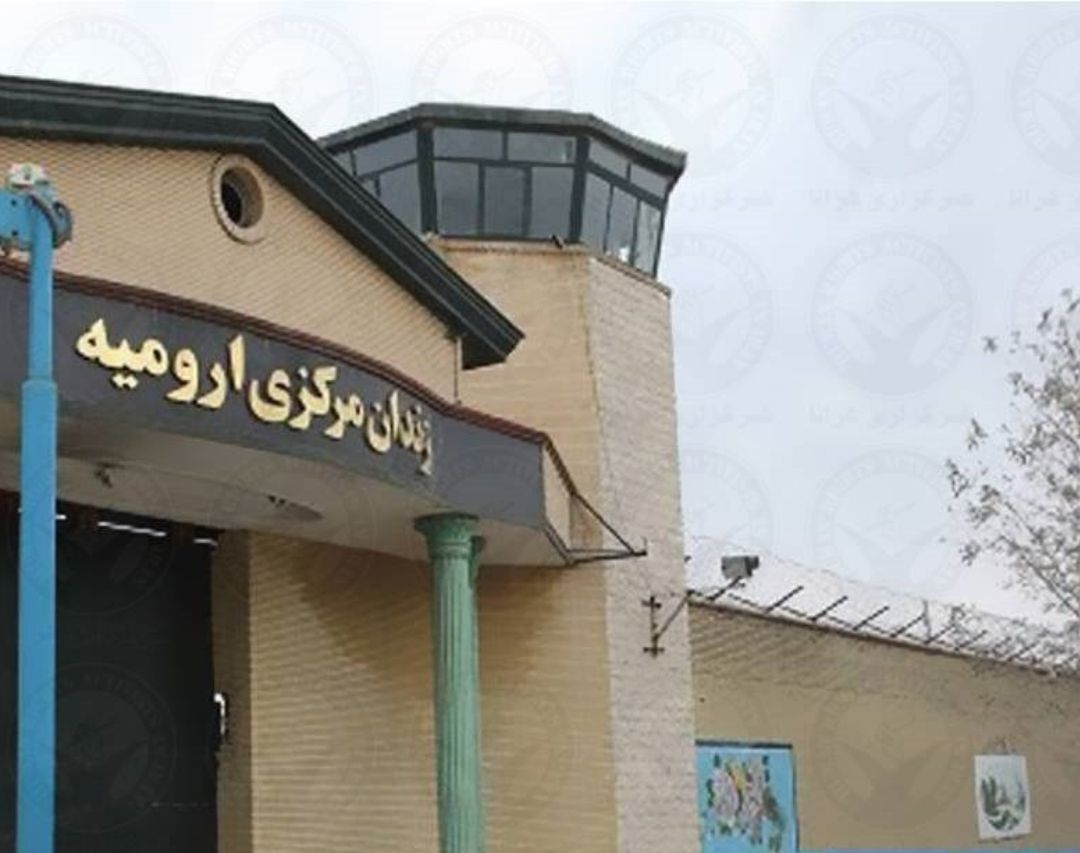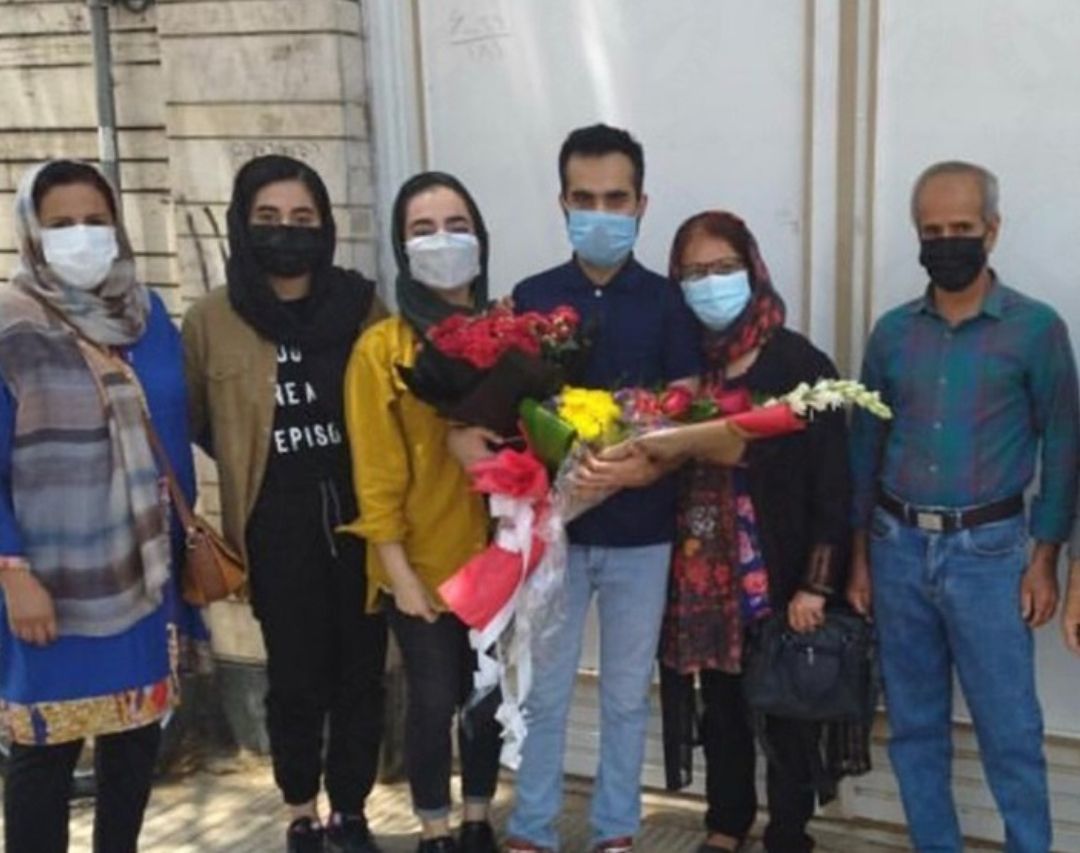On Sunday, September 5, Christian converts Ahmad Sarparast, Ayub Pour Rezazadeh, and Morteza Hajeb Mashhoud Kari were arrested by security forces in Rasht and taken to an unknown location.
According to HRANA, the news agency of Human Rights Activist, Mr. Sarparast and Mr. Pour Rezazadeh were detained in a house church. Security forces raided the homes of these citizens and confiscated some of their belongings, including cell phones, books, and pamphlets related to Christianity. According to an informed source, the agents behaved violently and insultingly and refused to show arrest or search warrants.
Relatives of these citizens are said to have been threatened by IRGC intelligence agents for providing information about the condition of their loved ones. Also, one of their relatives along with several other members of the house church were summoned to the Rasht IRGC Intelligence Office and interrogated.
According to a source close to the families of these citizens, after their families went to Branch 4 of the Rasht Public and Revolutionary Prosecutor’s Office to follow up on the case, they were not given any answer and were told, “Do not follow up. They will not be released any time soon. They do not deserve freedom and must stay.”
25-year-old Ahmad (Yohanna) Sarparast, 28-year-old Ayub (Farzin) Pour Rezazadeh, and 38-year-old Morteza Hajeb Mashhoud Kari are residents of Rasht.
Even though Christians are recognized as a religious minority under Islamic law, the security services nevertheless pursue the issue of Muslims converting to Christianity with particular sensitivity and deal harshly with activists in this field.
The Iranian regime targets Christian converts despite Article 18 of the Universal Declaration of Human Rights and Article 18 of the International Covenant on Civil and Political Rights, which state that every individual has the right to freedom of religion and belief and freedom to express it openly or secretly.
As of this writing, the reasons for the arrest, the charges against them, and the whereabouts of these citizens are unknown.



